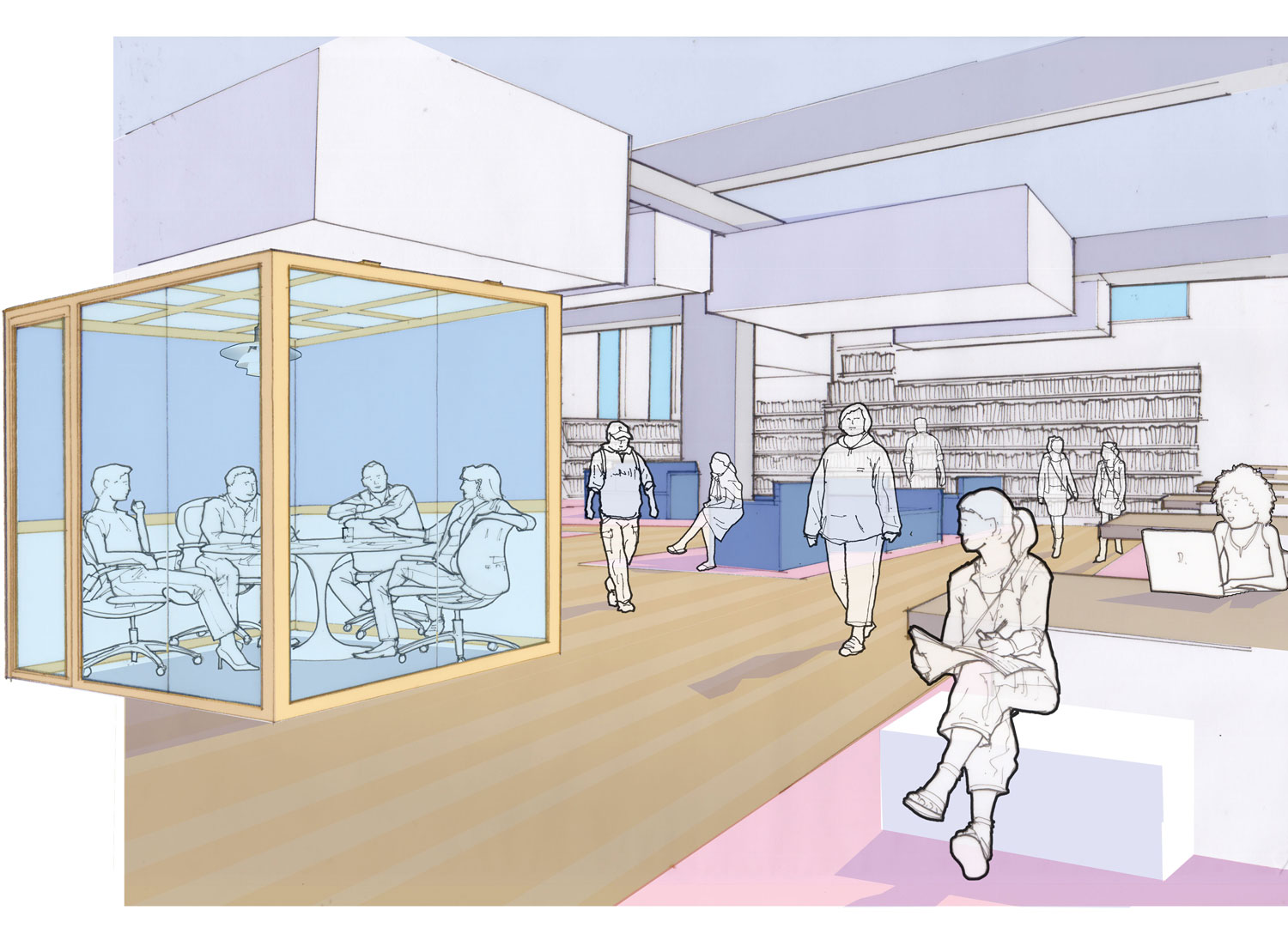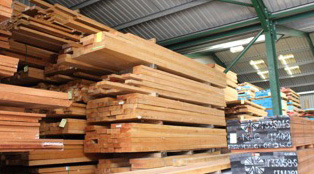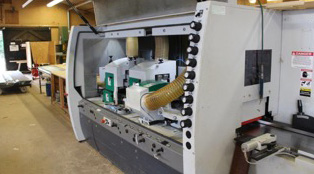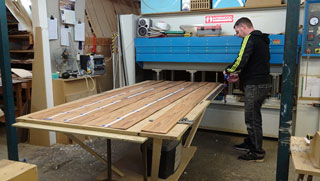The Duggie Trail
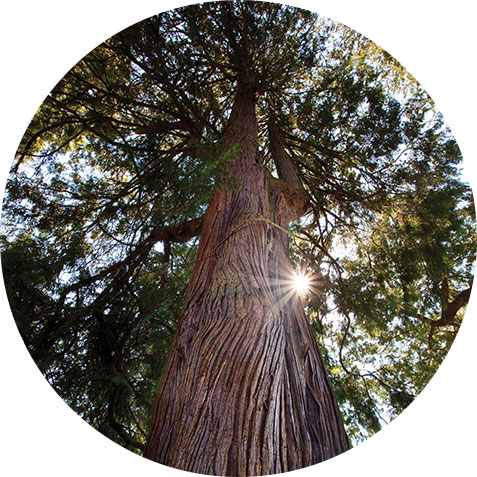
The story of the Douglas Fir
The Canadian forests which stretch throughout the mountainous areas of British Columbia are renowned for their abundance of Douglas Fir.
Affectionately known as ‘Duggie’, this remarkable tree (which is not really a true fir, but a distinct species in its own right), is one of North America’s most plentiful softwood species. Although not as well- known as the British oak or pine, ‘Duggie’ is one of the world’s most important and valuable trees because it is one of the strongest and hardest softwood species.
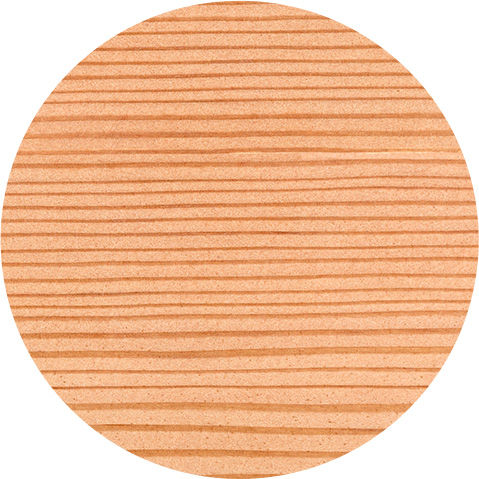
Durability
‘Duggie’ looks like a fir tree in its early growth, with its smooth, grey bark and sharp, green needles, but as it ages the bark becomes thicker, turning a deep brownish red colour, with deep fissures which show its age. ‘Duggie’ grows steadily, reaching heights of up to 250ft, and can live up to 1000 years old. The thick bark which it develops helps to protect it from forest fires and makes it resilient to earthquakes. Duggie is not only the strongest softwood growing, it is also the straightest, and most durable, which is why it is the first choice for timber specialists. It is often used to build timber structures in earthquake prone areas such as San Francisco because of its resilience.
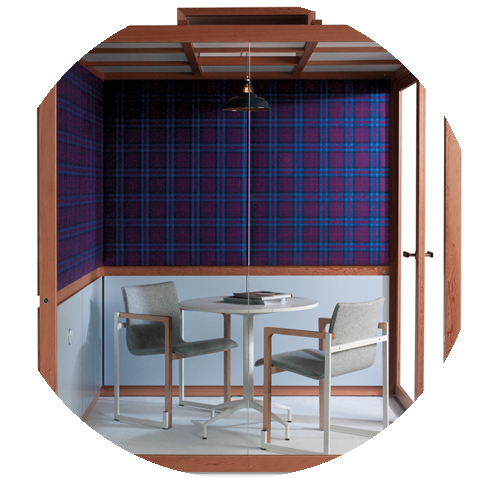
The natural choice
These qualities make ‘Duggie’ the natural choice for an Acoustic Hub. It retains its shape, has an excellent performance record, and responds well to fine craftsmanship and finishing. The appearance of ‘Duggie’ transforms the Acoustic Hub into a dramatic, elegant space. The strength, beauty and toughness of the Douglas Fir give the Hub its character, making it unique.
Vancouver to Colchester
Thorogoods, our chosen timber specialists in Colchester, source the Douglas Fir directly from the mills on Vancouver Island, Canada. They work personally with chosen specialist sawmills to ensure their timber is top quality.
After being shipped to Colchester, ‘Duggie’ is kiln dried to a moisture content of between 8% – 10%. The frame of the Hub is then precisely machined on a four sided planer moulder into the rails to form the basic structure of the Hub. Jointing, assembly and finishing is then undertaken by skilled craftsmen, in their workshop in the heart of Essex, to ensure that ‘Duggie’ looks and performs its very best.
